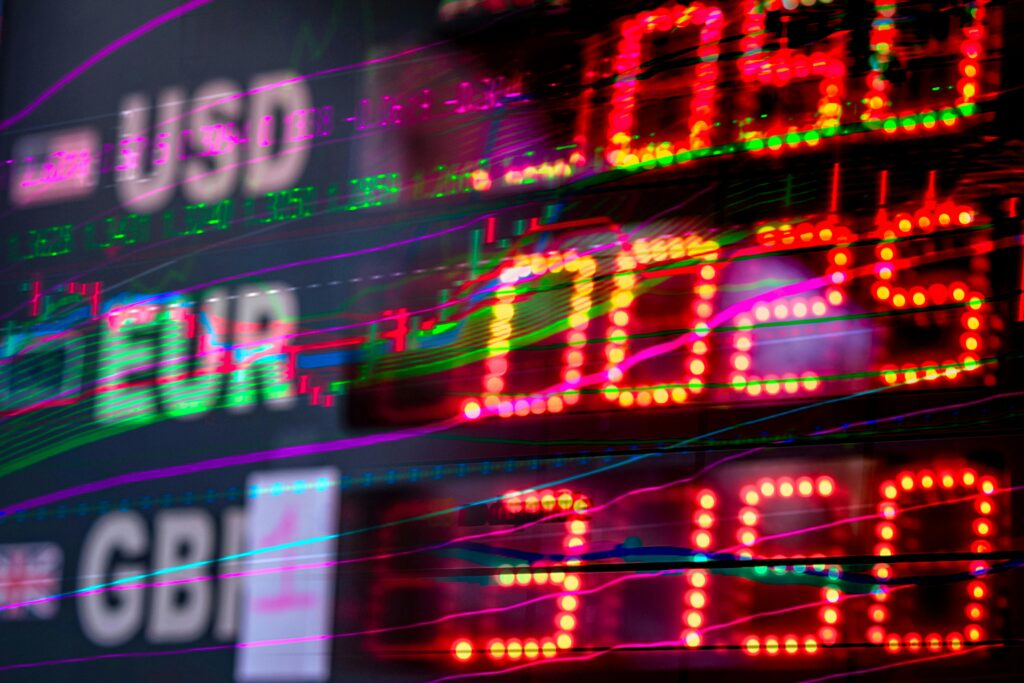Global monetary policy plays a pivotal role in shaping international relations and financial markets. Recently, former President Donald Trump addressed the impact of sanctions and ongoing negotiations with foreign leaders. According to Trump, discussions with President Putin were amicable, yet they failed to yield significant progress.
Amid these tensions, oil prices experienced a notable surge. With a rise of 3.7%, marking the best day since July, WTI crude traded at $59.38. Analysts suggest that the impending sanctions might have been anticipated by the market, contributing to the price spike.
The Role of Global Monetary Policy in Sanctions
Global monetary policy greatly influences the implementation and impact of economic sanctions. When Trump decided to cancel a meeting with Putin, citing strategic assessments, it underscored the intricate dance of international fiscal strategies. Furthermore, Trump indicated potential severe actions against Colombia, highlighting the interconnected nature of global economies. With Colombia producing approximately 750,000 barrels of oil per day, any US actions could reverberate globally.
During Trump’s tenure, he often mentioned the significance of economic discussions with leaders like Xi Jinping. These conversations revolved around critical commodities such as Russian oil and soybeans. Notably, Trump hinted at potential agreements with China, which could reshape trade balances.
For a comprehensive understanding of how sanctions and international negotiations interplay, Investopedia offers insightful analyses on global economic policies.
Market Implications of Policy Decisions
The anticipation of Trump’s deals in energy, agriculture, and even arms, highlights the far-reaching effects of global monetary policy. These potential agreements could dramatically shift market dynamics, particularly in countries heavily reliant on exports.
Moreover, any alteration in the established trade frameworks could lead to volatility in currency exchange rates, impacting forex trading trends. Investors and analysts focusing on currency markets must remain vigilant, considering the swift changes prompted by policy shifts and international dialogues.
Despite uncertainties, some economists remain optimistic about achieving economic stability through strategic policy enforcement and negotiation.
At Bakara Invest, our analysis suggests that the nuanced interactions of global monetary policy with international sanctions and trade deals are pivotal to understanding future market trends.
For more Forex market insights, visit our Forex News Section.
